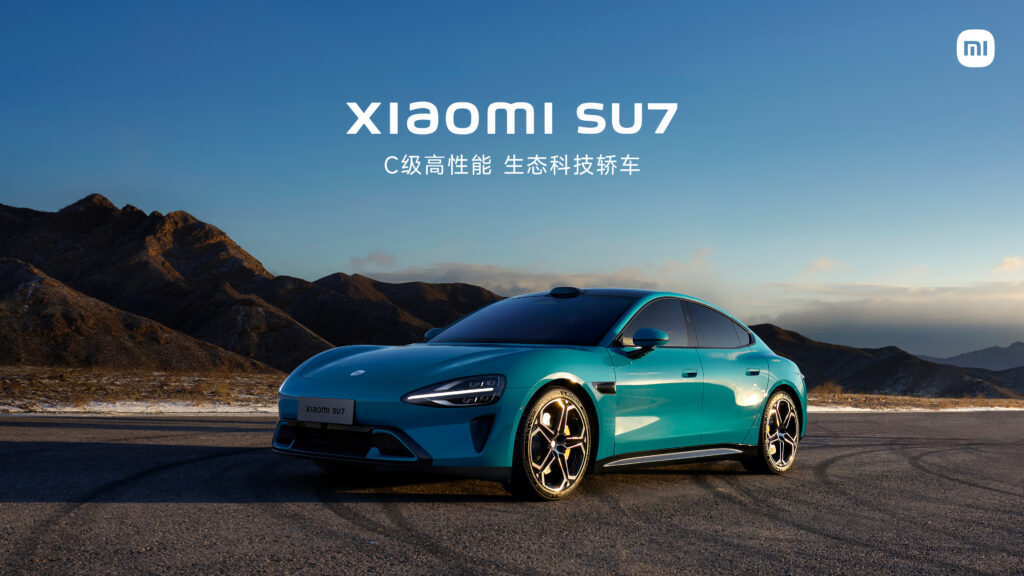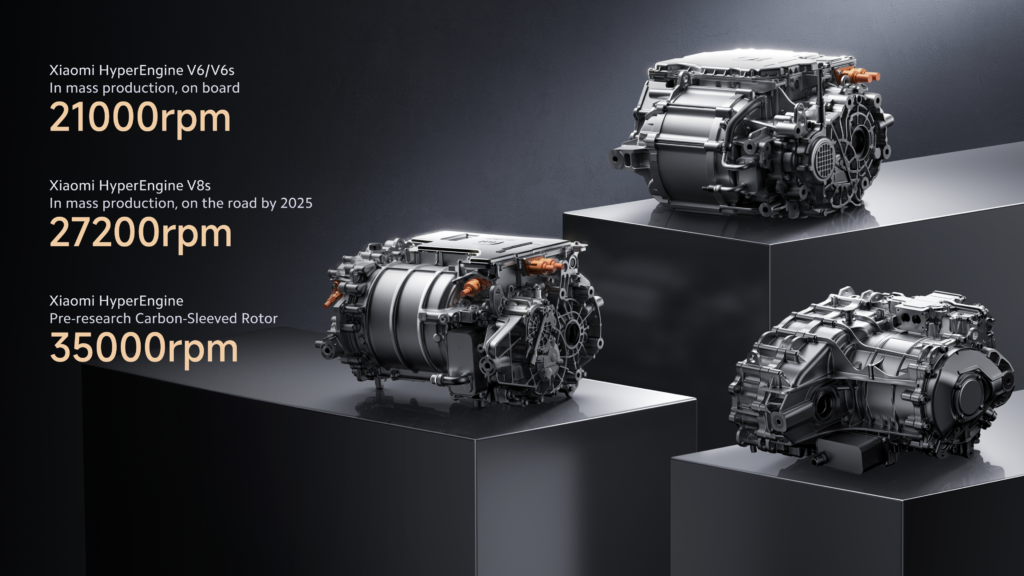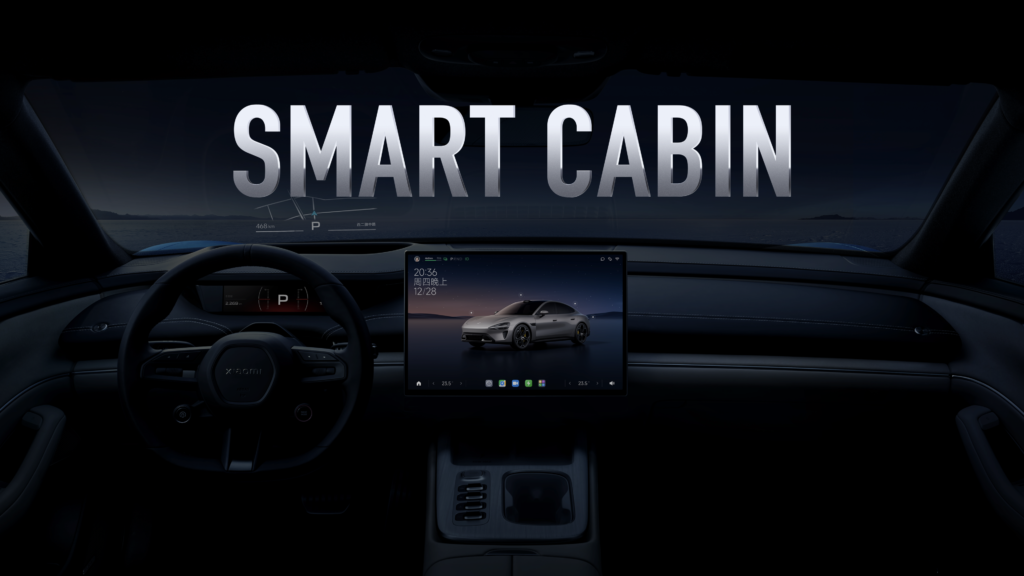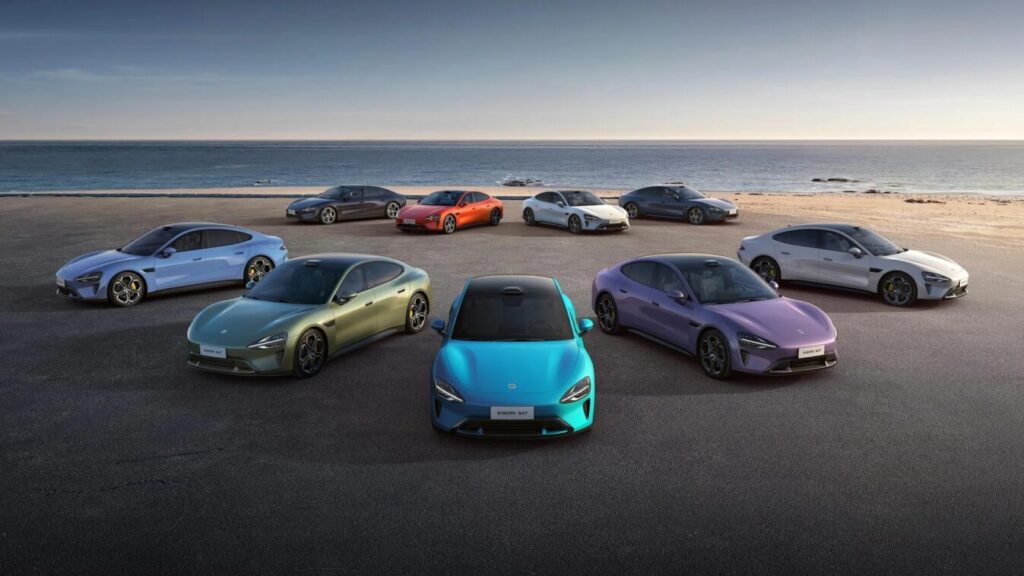Xiaomi, the world’s third-largest smartphone vendor, has taken a bold step into the electric vehicle (EV) market with the unveiling of its first electric car, the SU7. The much-anticipated launch marks Xiaomi’s foray into the competitive automotive industry, occurring during a challenging period for China’s auto sector.







The sleek SU7 electric sedan, revealed at a launch event in Beijing, drew comparisons to high-end Porsche models with its sleek design. However, Xiaomi CEO Lei Jun acknowledged that the SU7 would be “a bit expensive,” departing from the company’s affordable brand image. The standard SU7 EV model is priced at 215,900 yuan ($29,872.02), while the Pro and Max versions will cost 245,900 yuan and 299,900 yuan, respectively.
Before unveiling the pricing, Lei spent about 90 minutes detailing the car’s internal and external design, smart cockpit, and autonomous driving capabilities. He claimed that many of the SU7’s features, which have drawn comparisons with Porsche’s Taycan and Panamera models, surpassed those of Tesla and Porsche. For instance, its minimum range of 700 km beats Tesla Model 3’s 567 km, according to Lei.
“We have benchmarked our car with [Tesla’s] Model 3,” said Lei, adding that the SU7 is priced lower than the Tesla Model 3 but boasts specifications that surpass the Tesla model in 90 percent of areas.
The SU7 potentially boasts high-grade features, including a self-developed operating system, Hyper OS, which connects users to Xiaomi’s array of devices. It also offers driving ranges of up to 668 kilometers on a single charge, positioning the SU7 as a formidable rival to established players like Tesla.
Analysts suggest that Xiaomi’s primary competitors will be fellow Chinese EV makers XPeng and the market leader, Tesla. The company is intentionally positioning itself as a major contender in the rapidly evolving EV market, reflecting its ambition to become one of the world’s top five automakers within the next two decades.
Despite the growth in China’s EV market expected to decline for a second consecutive year, Lei expressed confidence in Xiaomi’s ability to succeed in the challenging landscape. “In the three years of developing this car, my biggest realization is that making cars is extremely difficult. Even a giant like Apple gave up on it,” he said.
The SU7 will go on sale in 211 stores across 39 Chinese cities by the end of this year, with potential buyers able to reserve test drives at Xiaomi Auto retail stores in 29 cities across China starting Friday. While Xiaomi has not stated any plans to sell the car abroad, the company’s entry into the EV market marks a significant milestone as it aims to challenge established players like Tesla and its Chinese rivals in the turbulent times for China’s auto industry.
 iTechBahrain Information Technology Digital Marketing Web & Mobile Development Services
iTechBahrain Information Technology Digital Marketing Web & Mobile Development Services